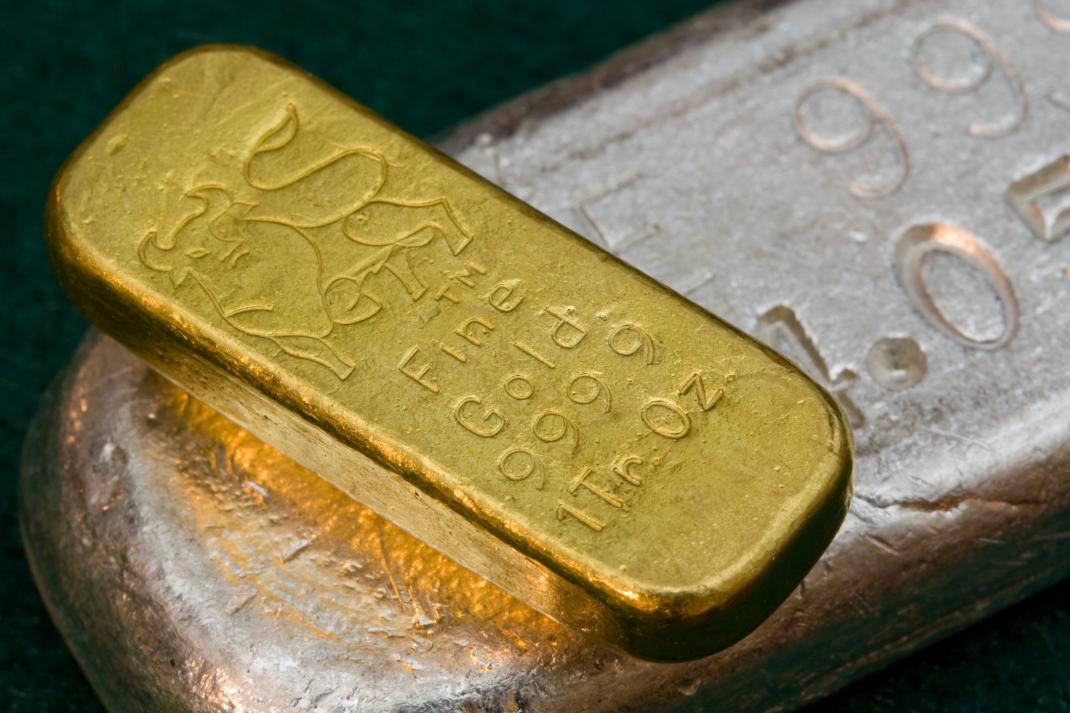Gold has long been revered as a precious metal, captivating people’s imaginations with its beauty and value. Over the centuries, it has been sought after for its intrinsic worth and used as a store of wealth. Today, in a world driven by financial markets and investment opportunities, the market for selling gold has gained significant prominence.
It is essential to understand the market dynamics when selling gold assets. This will help you make informed decisions and maximize your profits. This applies whether you have inherited gold jewelry, acquired gold coins, or simply want to liquidate. In this blog, we will delve into the intricacies of the gold market, exploring key factors to consider when selling gold.

Assessing the Value of Your Gold
Before embarking on the journey of selling gold, it is essential to assess its value accurately. Gold’s worth is determined by its purity, weight, and current market price. Understanding the purity of your gold, usually measured in karats, is crucial as it directly influences the price you can command.
Precise weighing of your gold using a reliable scale is necessary to ascertain its weight accurately. It is important to stay informed of the current gold market price. Gold prices change daily based on supply and demand.
Finding a Reputable Buyer
In a market inundated with various gold buyers, finding a reputable buyer is of paramount importance. Conduct thorough research and seek recommendations to identify trustworthy buyers with a track record of fair dealings and customer satisfaction.
Look for established jewelry stores or gold exchanges. Consider factors such as their reputation, years of experience, licensing, and customer reviews. A reputable buyer will give a fair evaluation of the value of your gold.
They will also provide competitive prices. Finally, they will guarantee a secure and clear transaction.
Presenting Your Gold in the Best Light
To maximize the appeal and value of your gold, it is crucial to present it in the best possible light. Clean your gold items thoroughly using mild soap and warm water, or consult a professional jeweler for professional cleaning.
Properly stored gold, free from scratches or tarnishes, exhibits its beauty and enhances its desirability. Gather documentation or certificates of authenticity that accompany your gold items. These can validate their origin and quality. This increases their market value.
Timing Your Sale
The gold market is subject to fluctuations influenced by various economic and geopolitical factors. Timing your sale strategically can help you maximize your profits. Stay informed about global economic conditions, currency fluctuations, and geopolitical events that may impact the gold market.
Predicting short-term market trends is difficult. To make more informed decisions, consider long-term trends and potential catalysts. Consulting with financial advisors or experts in the field can provide valuable insights and guidance in timing your gold sale.
Negotiating the Price
Negotiating the price when selling gold is a common practice. Research the current market price, comparable sales, and buyer reputations to strengthen your negotiation position. Be prepared to advocate for the value of your gold based on its purity, weight, and condition.
Remain firm, yet reasonable, in your negotiations, and be open to counteroffers. However, be cautious of buyers who significantly undervalue your gold or employ aggressive tactics. Trust your instincts and do not be afraid to walk away from a deal if it does not meet your expectations.
Ensuring a Secure Transaction
When selling gold, prioritizing a secure transaction is vital. Identify buyers who use secure payment methods, such as bank transfers or cashier’s checks. This reduces the risk of fraudulent activities.
Avoid accepting cash payments, especially for large transactions, as they can be susceptible to counterfeit bills or theft. Think about insuring your gold during transit. This will give you extra security and peace of mind. You might also want to consider carrying out in-person transactions at reliable places.
Considering Taxes and Legal Obligations
Before selling your gold, familiarize yourself with any tax obligations or legal requirements associated with the transaction. In some jurisdictions, the sale of gold may be subject to capital gains taxes. Seek guidance from tax professionals or consult local regulations to ensure compliance with applicable laws. By understanding the tax implications, you can make informed financial decisions and avoid any potential penalties or legal complications.

Selling gold can be a lucrative endeavor if approached with knowledge and careful consideration. Remember to:
- Assess the value of your gold
- Find reputable buyers
- Present your gold effectively
- Time your sale
- Negotiate the price
- Ensure a secure transaction
- Consider tax obligations
By taking these steps, you can navigate the market confidently and maximize your profits.
Remember, thorough research, seeking professional advice when necessary, and trusting your instincts are essential elements for a successful gold-selling experience. Embrace the gold rush with a clear understanding of the market dynamics and make the most of your valuable assets.
If your interested in selling your precious metals then Contact P&G Jewelry And Coin today to learn about our process!





